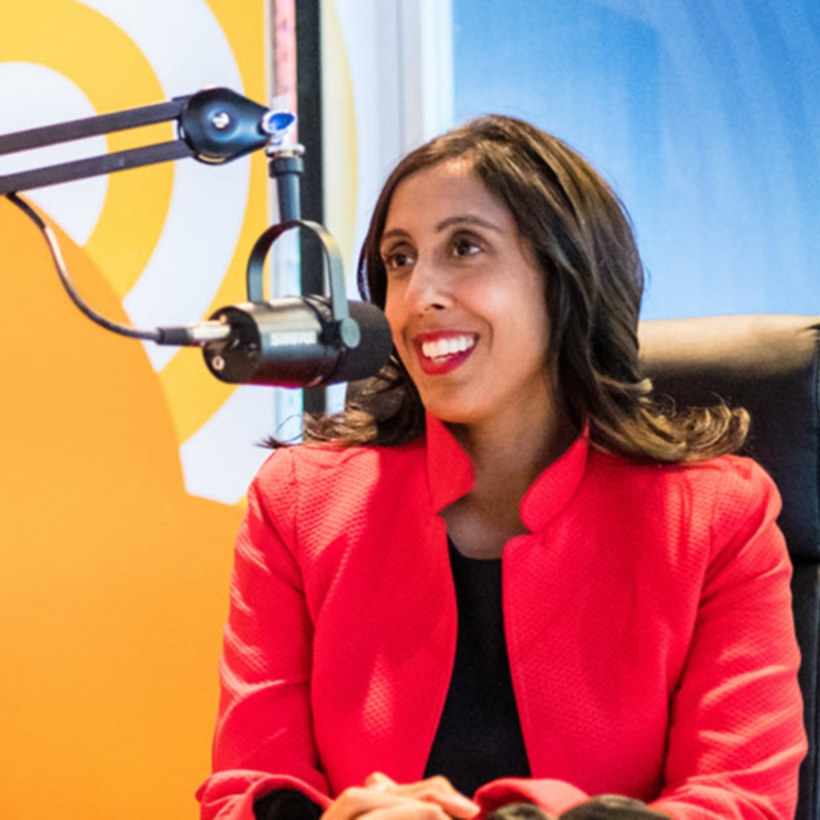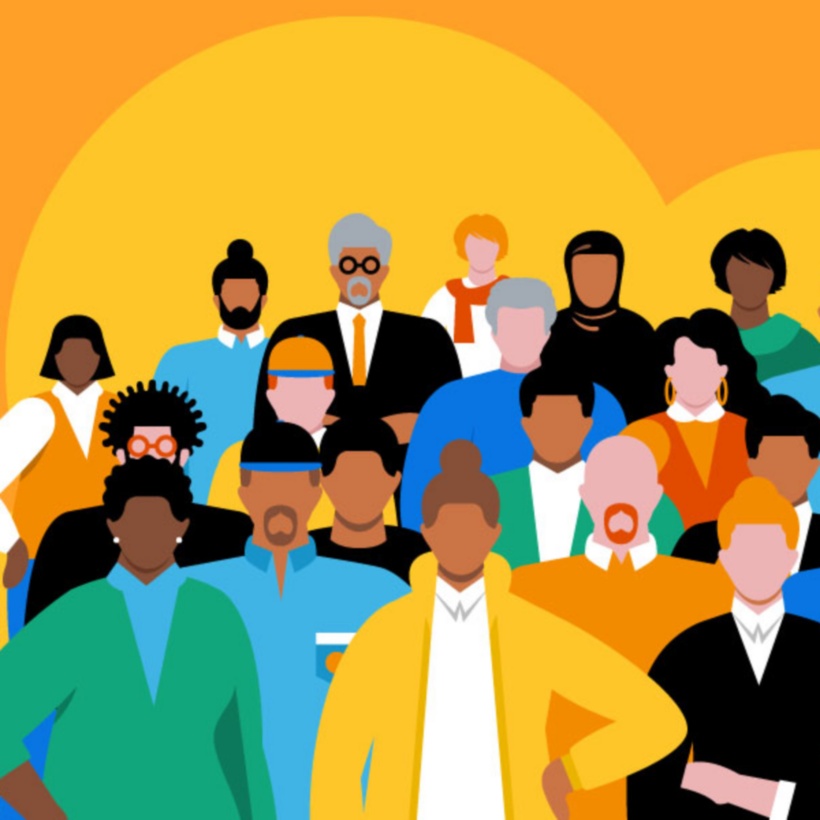Once taboo, mental health in the workplace has made its way into the forefront.
The heightened awareness of mental health during the pandemic helped to normalize more discussion of it in the workplace, and as a result, employers are prioritizing and enhancing employee wellbeing benefits. Even the U.S. Surgeon General issued a framework for “Workplace Mental Health and Wellbeing,” demonstrating why companies should support the mental health needs of their employees.
In this post, part of our VIBE Voices series, we’re thinking about the next step forward: As we observe World Mental Health Day on October 10, we’re exploring how we promote health equity through culturally responsive care. It describes an approach that values and respects people’s backgrounds, experiences, and aspects of identity, all of which influence the impact of an event on a person. Culturally responsive care recognizes barriers that prevent marginalized or stigmatized groups from receiving support. With that in mind, care is delivered with cross-cultural interpersonal communication.
“Culturally responsive care is viewing each individual holistically,” says Will Reyes, a licensed mental health consultant at Workday. “And that includes not just their ancestry or ethnic culture, but also their experiences and challenges. So even if you share a culture and ancestry or identity with somebody else, your experiences are unique to who you are.”
Reyes emphasizes that culturally responsive care in mental health is more than acknowledging the differences.
“It’s understanding that we’re not all one race, as some people used to say, but that we all should be celebrated for the unique differences that we have that make us who we are,” Reyes says.
Reyes is one of Workday’s on-site mental health professionals across our global offices, an employee benefit that’s part of the global mental health program Mind Matters, which is run by workforce mental health provider Lyra Health.
Mind Matters provides Workmates and their families with immediate access to evidence-based mental health coaching and therapy services. As part of reimagining an employee assistance program that offers robust mental health support, Workday sought a partner that was committed to providing culturally responsive care across backgrounds, identities, and life experiences—which is a reflection of VIBE™, an acronym that represents Workday’s vision of belonging and diversity: value inclusion, belonging, and equity. For instance, 42% of Lyra providers self-identify as people of color, and 20% of Lyra providers speak a language other than English, helping to ensure positive and meaningful care experiences.
“It’s important to meet Workmates where they are and offer them trusted and compassionate care based on their individual preferences,” says Allon Wright, director of global wellbeing at Workday.
How Culturally Responsive Care Benefits All
Culturally responsive care matters in a work environment because it fosters psychological safety, an important factor in increasing collaboration and productivity, which are crucial to a successful business.
Culturally responsive care can start with an acknowledgement of differences and being open to learning about and understanding other cultures. But for an organization to truly apply culturally responsive care and benefit from it, the work environment must intentionally reinforce skills that promote cultural competence.
“When you’re culturally responsive, you’re directing your care toward a specific vantage point and saying, ‘Look, I’m not just open, but I actually am actively trying to learn, and I’m asking the right questions. And I’m figuring out techniques and strategies to address these things,’” Reyes says.
And likewise in mental healthcare, understanding cultural background helps to build trust and consequently remove the feeling of shame that prevents marginalized and stigmatized communities from accessing mental health treatment. In other words, the priority of mental health in the workplace needs to be truly accessible to a diverse workforce.
“We want to make sure that we’re providing the best programs possible to allow Workmates to come to work, be their best selves, and really do their best work,” says Nicole Hernandez, senior director of Americas benefits and global wellbeing at Workday. “But also, supporting our leaders and managers, and giving them the resources they need to help their teams thrive.”










